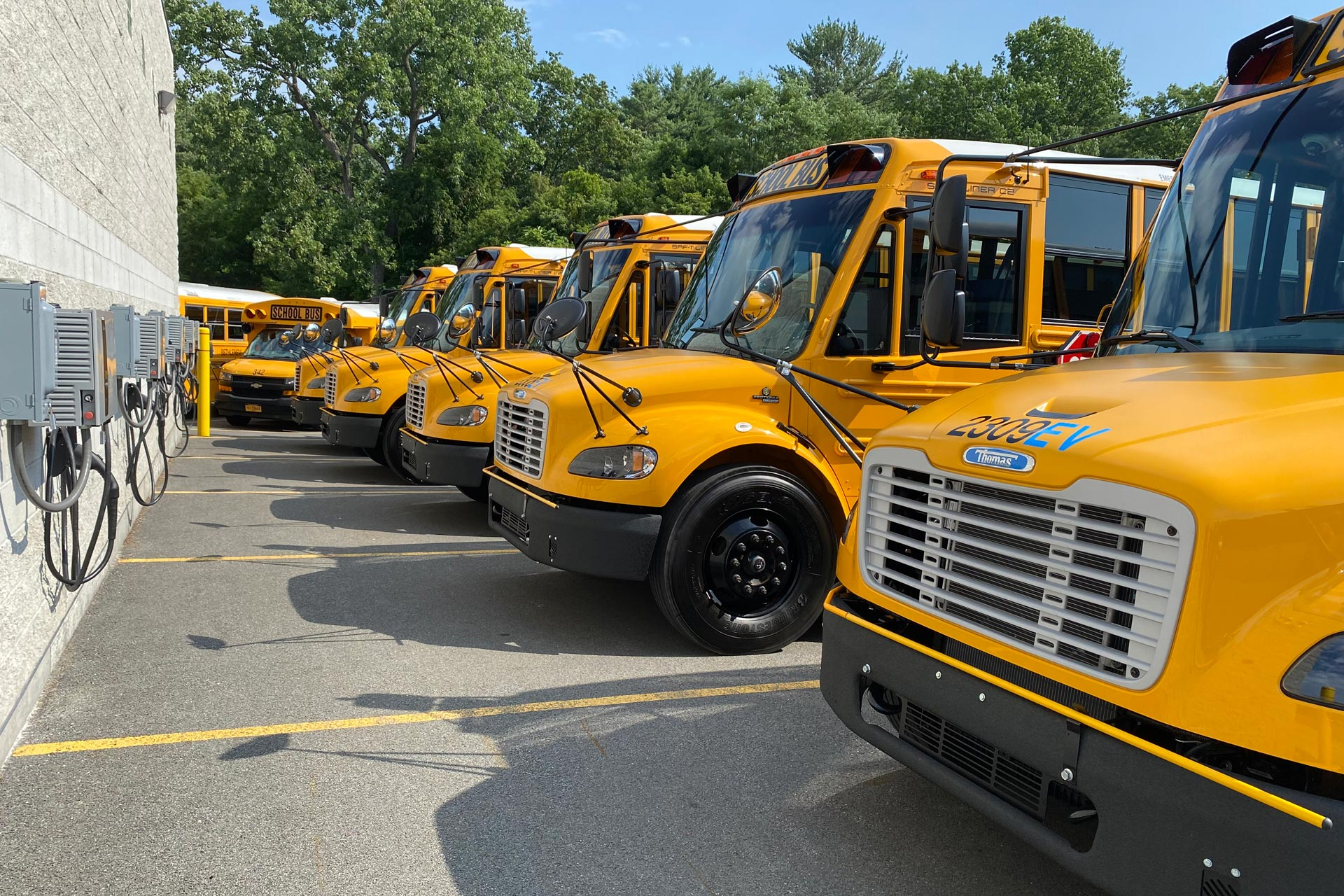In a move that has sent shockwaves through the Orthodox Jewish community, the New York State Education Department has cut off funding to two Williamsburg yeshivos and has ordered parents to enroll their children in alternative schools by the next academic year. The decision marks a significant escalation in the long-standing tension between state education authorities and the Hasidic school system.
The Crackdown
Yeshiva Bnei Shimon Yisroel of Shopron and Talmud Torah of Kasho, two well-known institutions serving over 1,000 students, have been stripped of state subsidies for meals, transportation, textbooks, and other services starting June 30. The state contends that these schools have failed to provide an education “substantially equivalent” to public schools, a requirement mandated under New York law.
This is the first time the state has taken such drastic measures against yeshivos. While state education officials have long scrutinized Orthodox Jewish schools, most yeshivos under investigation agreed to remediation plans. These two institutions, however, refused to comply, leading to the state’s crackdown.
The Political and Legal Battle
The decision has ignited fierce opposition from Orthodox Jewish leaders and advocacy groups. Parents for Educational and Religious Liberty in Schools (PEARLS), a group advocating for yeshiva autonomy, has launched a legal challenge, arguing that the state is overstepping its authority and interfering with religious education. A federal discrimination complaint has also been filed, accusing state officials of unfairly targeting Orthodox schools.
Meanwhile, New York’s political landscape is becoming increasingly entangled in the controversy. Mayor Eric Adams has previously defended yeshivas, stating that they “provide a quality education” and that other schools should learn from their model. His challenger, City Comptroller Brad Lander, has taken a hardline stance, insisting that all schools receiving public funding must adhere to state academic standards.
The timing of the decision is also politically significant. With a mayoral election approaching, the Orthodox Jewish community—an influential voting bloc—is expected to play a crucial role in the outcome. Historically, Hasidic communities have demonstrated strong voter turnout, often voting as a bloc to support candidates who respect their educational autonomy. In the 2024 election, for example, over 98% of Kiryas Joel voters cast their ballots for Donald Trump.
A Longstanding Conflict
The state’s action is the culmination of nearly a decade of investigations and public debate. The controversy began when a small group of former yeshiva students, backed by secular education advocacy group YAFFED, alleged that their schools failed to equip them with basic knowledge in subjects like English, math, and science. These claims led to state investigations and a widely criticized 2022 New York Times exposé that portrayed Hasidic yeshivos in a negative light.
Following the report, the state identified 18 yeshivos that allegedly failed to meet educational standards. While most agreed to modify their curricula, Yeshiva Bnei Shimon Yisroel and Talmud Torah of Kasho refused, setting the stage for the state’s recent enforcement actions.
Community Response
Orthodox leaders reject the notion that yeshivos fail to provide an adequate education. Rabbi Yeruchim Silber, New York director of government relations for Agudath Israel of America, stated, “The yeshiva system has been wildly successful and is largely responsible for the exponential growth of the Orthodox Jewish community in this country over the last 80 years.”
Many Hasidic parents argue that the state’s intervention threatens the core mission of their schools: instilling Jewish law, values, and traditions. A Brooklyn parent noted that while secular education is limited in many yeshivos, “The Talmud can be complex—it requires deep analytical thinking and discipline.”
What’s Next?
The legal battle over yeshiva education is now heading to New York’s highest court. PEARLS insists that the state lacks the authority to force parents to withdraw their children from these schools, while state officials argue that they have a duty to ensure all children receive a basic education.
Meanwhile, the Orthodox community continues to push back through legal avenues and political activism. If the state’s enforcement efforts succeed, it could set a precedent for further government intervention in religious education. If PEARLS prevails in court, it could reaffirm the autonomy of yeshivos and shape the future of Orthodox Jewish education in New York and beyond.
As the battle intensifies, the stakes remain high—not just for the two yeshivos currently under fire, but for the entire religious education system in New York.






